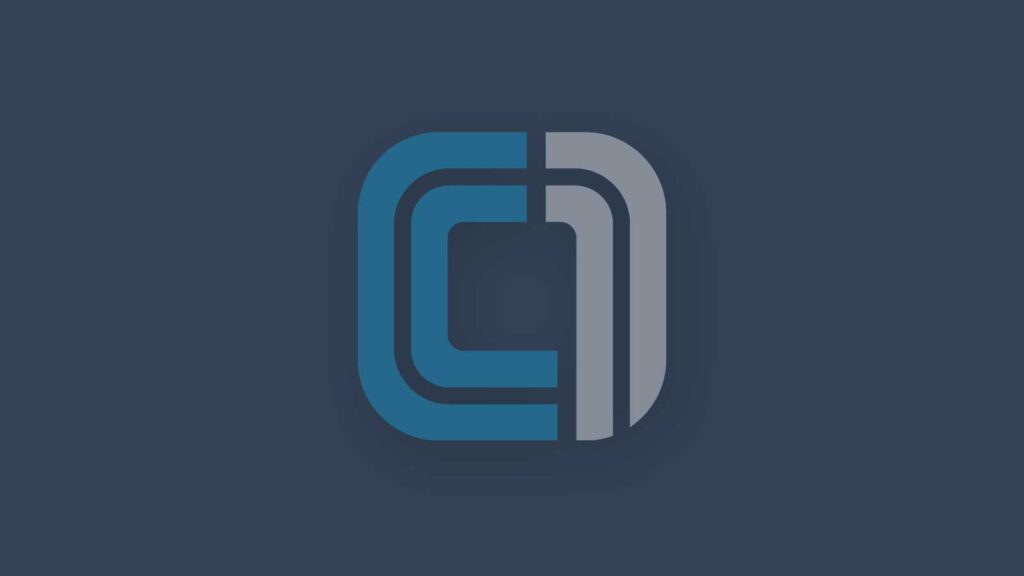Organizations are continuing to grapple with a cybersecurity talent shortage during a time of rapid growth of AI. The rise in AI usage applies to not only security teams, but also the threat actor teams are working to defend against. More and more, threat actors are leaning into the use of AI for their attacks, with 75 percent of security professionals noting that amidst a rise in cyberattacks, 85 percent of those attacks were powered by generative AI, according to a recent report by Deep Instinct.
Meanwhile, AI is also enhancing threat detection, with 80 percent of experts believing it spots threats humans miss and 66 percent believing AI is effective in predicting new attacks. Given all of this, it’s imperative that security teams continue to sharpen their AI skills to stay ahead.
There are many reasons security teams need to include AI as part of their professional development. As AI technologies evolve:
· As AI is being used to develop advanced security tools that can detect and respond to threats more effectively, security teams need professionals to be trained to use these tools.
· The amount of data being used also has increased exponentially. Ensuring the privacy and protection of this data requires specialized skills.
· Regulations surrounding data protection and cybersecurity also are increasing. To stay compliant and keep pace with constantly evolving regulations requires ongoing learning.
· Upskilling is necessary to build a more resilient organization that can better withstand and recover from cyber attacks. Upskilling isn’t just relegated to IT but should also include employees across the organization so they can recognize and respond to threats.
As headlines blast out news about the potential of AI to replace workers, while AI itself isn’t coming for your job, workers who know how to use AI are replacing those who do not, according to a report published by the Harvard Business Review.
A lot to unpack, but the net-net is the need for continuous learning, especially as AI and other advanced technologies rapidly evolve, is crucial for maintaining robust security. Upskilling in cybersecurity is not just about keeping up with technological advancements but also about proactively defending against increasingly sophisticated threats.
To help your teams adapt to AI and safeguard your organization against the latest threats, here are some steps you can take:
· Offer continuous learning opportunities. Providing access to the latest research, white papers and encouraging attendance at industry conferences can promote a culture of continuous learning.
· Offer courses and certifications focused on AI and its applications in cybersecurity.
· Create opportunities for security professionals to work on real-world AI projects. Examples include AI-driven threat detection or training on how to automate repetitive security tasks.
· Encourage collaboration between AI experts and security teams through hackathons or other regular knowledge-sharing opportunities.
· Equip your security teams with advanced AI tools and resources.
By implementing these strategies, you can help keep your valuable talent while also providing the important upskilling opportunities necessary to gain the edge in today’s security landscape.
At CyberOne, we’ve been working with companies like yours to implement upskilling opportunities, get in touch to find out how we can help your organization.
